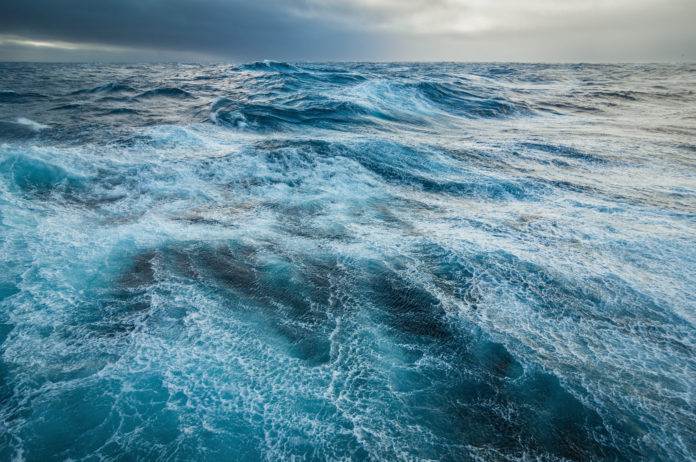Oscar Propulsion Limited and the University of Strathclyde have developed a propeller technology capable of reducing underwater radiated noise (URN) generated by ship propellers.
PressurePores™ system aims to reduce propeller tip vortex cavitation by applying a small number of strategically placed holes in the propeller blades. The addition of these pressure-relieving holes allows ships to operate with a more silent propeller, according to a statement.
In fact, this system took four years of comprehensive computational fluid dynamics (CFD), modelling and cavitation tunnel tests during the solution’s development phase at Strathclyde to complete and to demonstrate that PressurePores can reduce cavitation volume by almost 14% and URN by up to 10dB.
Lars Eikeland, marine director of Oscar Propulsion, commented, “Underwater radiated noise is one of the most adverse environmental by-products from commercial shipping, yet unlike other forms of marine pollution, there is currently no international legislation in place to prevent or reduce this source of environmental damage.”
Propeller cavitation can generate as much as 188dB of underwater radiated noise and can be heard by marine fauna 100 miles away, while according to the US National Oceanic and Atmospheric Administration, anything above 160db can pose a significant risk to marine life.
Eikeland noted, “PressurePores has a major mitigating effect on propeller cavitation and URN and can be incorporated into new propellers or retrofitted to existing propellers either in drydock or possibly in-water.”







